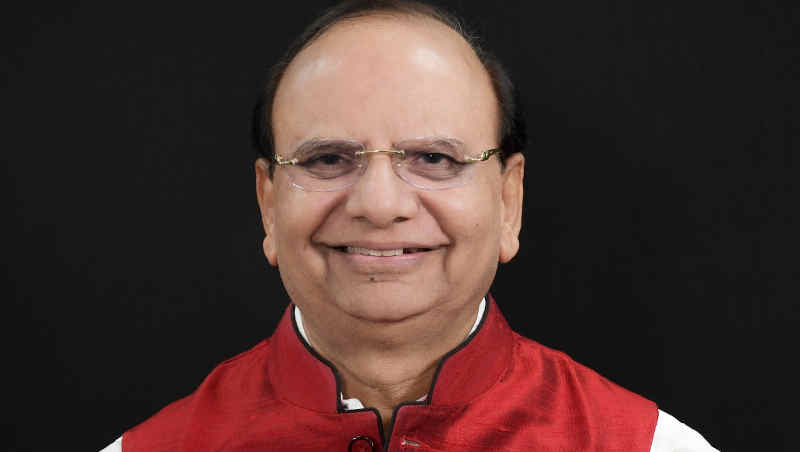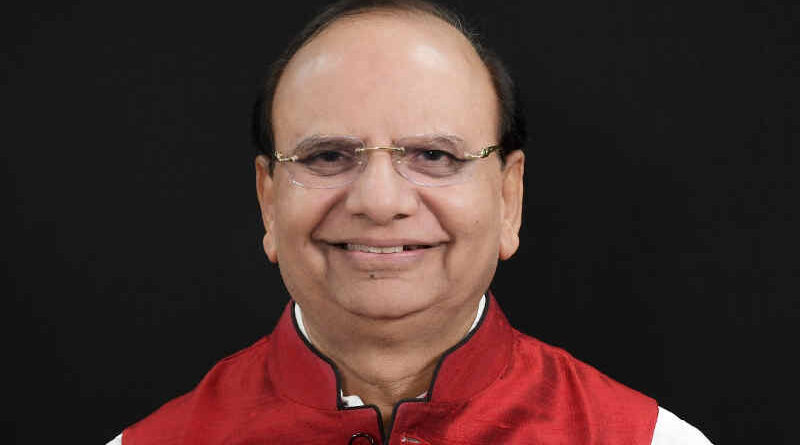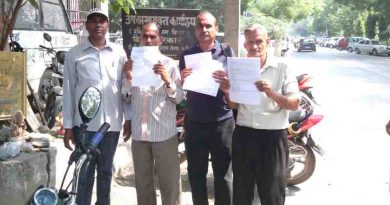How Delhi Government Violates Right to Information (RTI) Act

In their attempt to hide corruption and other irregularities in the government departments, the bureaucrats under different pretexts refuse to provide information to citizens requested through RTI applications.
By Rakesh Raman
In response to a complaint by the Central Information Commission (CIC) office, the Lt. Governor (LG) of Delhi Vinai Saxena has directed the chief secretary to take action to ensure the implementation of Right to Information (RTI) Act in the state.
A report in the Hindustan Times newspaper on October 11 quotes a CIC letter to Delhi LG which accuses the Delhi Government of failing to implement the Right to Information Act, 2005, and reducing it to a “lame duck” legislation.
Although the Delhi Government of chief minister (CM) Arvind Kejriwal has refuted the CIC allegations, the central authority in its letter of September 22 has listed a number of RTI violations that the government functionaries are committing.
The Commission alleges that the Kejriwal government has shown lack of transparency and accountability in issues of governance involving public interest, and levelled charges of corruption and nepotism against the government officials.
According to a report of October 11 in The Times of India, the CIC letter says that various Delhi Government departments such as public works, revenue, health, power, and others are frequent violators of the RTI Act.
In their attempt to hide corruption and other irregularities in the government departments, the bureaucrats under different pretexts refuse to provide information to citizens requested through RTI applications.
RTI Act Violations at RCS Office
The office of the Registrar Cooperative Societies (RCS) – which is one of the most corrupt departments of Delhi Government – violates the RTI Act blatantly.
The RCS office deliberately gives wrong email addresses such as rcoop@gmail.com and ositdelhi@nic.in and faulty phone numbers to RTI applicants so that it could block the information requested by them.
Also, in order to harass the RTI applicants, the RCS office flouts the rule for making additional payment, as it does not give an option to applicants to make payment online as described on page 20 of the RTI “User Manual”.
While the RCS office never replies to public emails sent to its official email rcoop@nic.in, the particulars of Public Information Officers (PIOs) under RTI Act mentioned in its Manual-16 are wrong and the RCS PIOs are so careless that they do not bother to take public calls.
Since massive corruption amounting to hundreds of crores of rupees is happening at the RCS office, the RCS bureaucrats are not willing to share information with the public under the RTI Act. They also openly violate the Delhi Cooperative Societies Act (DCS Act) to commit corruption crimes.
A number of RCS bureaucrats have been jailed for corruption and some senior RCS bureaucrats (IAS officers) are under investigations for their corrupt practices.
These investigations have been ordered by the Department of Personnel and Training (DoPT), Ministry of Personnel, Public Grievances and Pensions, Government of India to be carried out by the Cabinet Secretariat, Government of India. But corruption has not stopped and is only increasing at the RCS office.
Need to Revamp RTI Processes
In its letter to Delhi LG, the CIC office complains that the PIOs do not come for legal hearings in RTI cases and there is a criminal nexus between government officials and private contractors. As a result, huge corruption is happening in the Kejriwal government.
In order to check corruption, the RTI processes need to be revamped. For example, the RTI officers / PIOs should never call the applicants for physical hearings and to visit their offices to search files. It is the responsibility of the RTI officers / PIOs to deliver information at the applicant’s address.
It will be better if the information requested by the RTI applicants is stored digitally on a cloud platform and just the hyperlink / weblink is shared with the applicants instead of sending the paper documents to them. This is essential to reduce cost, save paper, and protect the environment.
Moreover, if there is a need for hearings in appeals, etc., the RTI officers / PIOs should give the option to the applicants to join online / virtual meetings. And it should be registered as a cognizable offence of destroying the evidence against the RTI officers / PIOs if they say that the documents sought by the RTI applicant are not traceable.
The RTI Act is being grossly violated by the RTI officers / PIOs to neglect their official duties and suppress information for which they must face legal action.
By Rakesh Raman, who is a national award-winning journalist and social activist. He is the founder of a humanitarian organization RMN Foundation which is working in diverse areas to help the disadvantaged and distressed people in the society. He runs various environment protection, education awareness, and anti-corruption campaigns, and publishes digital magazines and research reports on different subjects.




